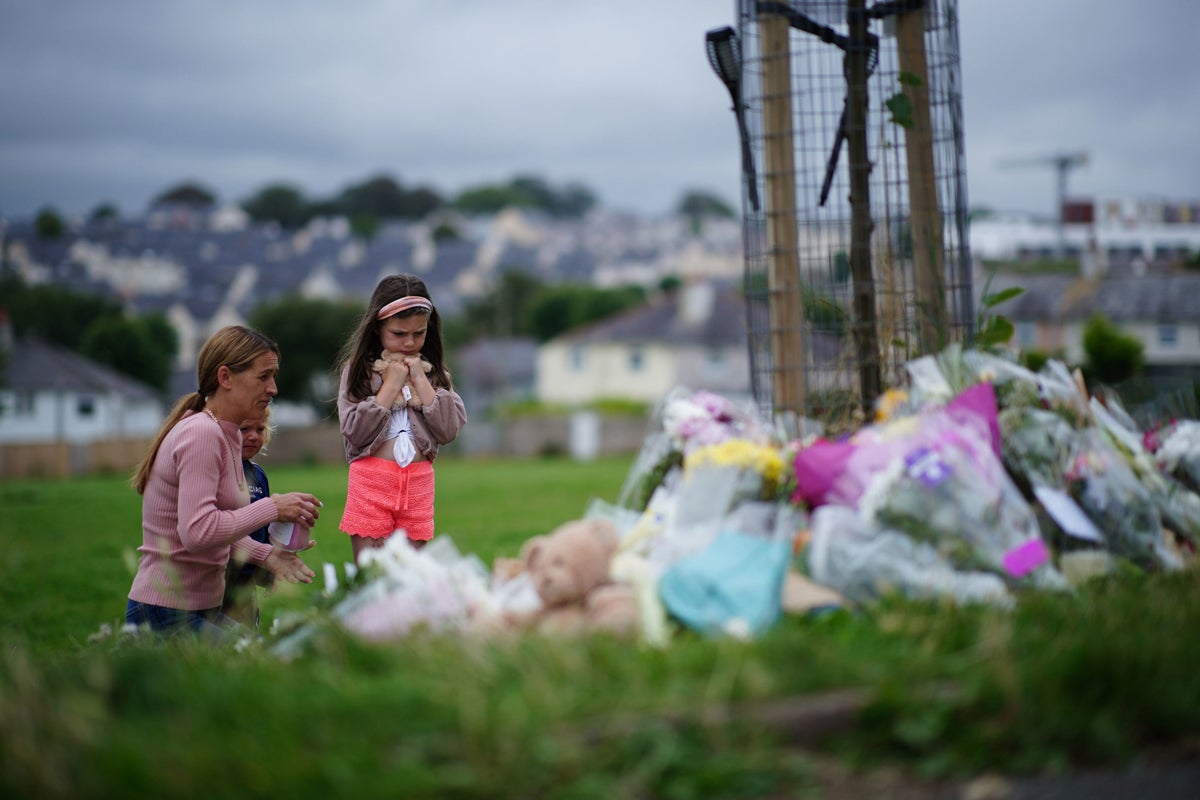Dismissing the ideology of incels like the Plymouth shooter is shortsighted and dangerous
The failure to recognise extreme misogyny as an ideology that leads to deadly violence is a metaphorical slap in the face for all women


Speaking at the Global Counter Terror Summit, Tim Jaques, the deputy senior national coordinator for counter terrorism policing declared that the Plymouth shootings in August were not a terrorist attack, as the violence was not used to further a cause. He said: “Incel in and of itself is not a terrorist ideology.”
Firstly, there is no such thing as a terrorist ideology. There are ideologies that lead people to terrorist violence. This is not simple semantics, but it betrays a lack of understanding of how terrorism works.
The Terrorism Act 2000 states that an action can be considered an act of terror if it is made for the purpose of advancing a political, religious, racial or ideological cause. None of these are necessarily “terrorist ideologies”, rather, they are extremist ideologies which can lead to terrorist violence.
This is why it was so baffling that counter terrorism authorities were so quick to dismiss the extreme misogyny of incels as non-ideological. Mr Jaques argued that: “The attack in Plymouth wasn’t driven by an ideology, albeit that individual was engaged in some kind of incel thinking. That doesn’t make him a terrorist.”
Every ideology is “some kind of thinking”, and the incel kind of thinking is one that often leads to violence. It is the kind of thinking that led Elliot Rodger to kill six people in 2014, that led Alek Minassian to crush dozens of people under his car in Toronto in 2018, killing 10, that led Scott Beirle to walk into a Hot Yoga studio in Florida and open fire, killing two women in 2018. It was the kind of thinking that led to the 2020 machete killing of 24-year-old Ashley Noell Arzaga in Toronto, a murder which was considered a misogynist terrorist attack by Canadian authorities.
While whether Davison’s killing of six people was done to further a cause can be debated, what should not be up for the debate is whether or not there is such a thing as an incel ideology of extreme misogyny, which turns some men into terrorists.
As Laura Bates outlines in her book Men Who Hate Women, incels share a coherent worldview and language, all of which would indicate that these are not disparate cases of misogynistic violence, but in fact were all motivated by the same ideology.
Elliot Rodger, for example, widely considered to be the first perpetrator of mass incel violence, is held up as a hero within the incel community. Hailed as “the supreme gentleman”, Rodger was cited as an inspiration for several of the attacks mentioned above, as well as being praised by Brenton Harrison Tarrant, the 2019 Christchurch shooter, in his manifesto.
The callous dismissal of extreme incel misogyny as “some kind of thinking” reveals that UK counterterrorism is failing to get to grips with evolving threats. Terrorism is no longer confined to formal groups, with memberships, manifestos, leaders and a traditional terrorist ideology. The threat from terrorism has also become more nebulous, existing in multiple transnational online networks, growing in unregulated forums, spreading hate and violence beyond borders.
Incel ideology does not exist in some niche corner of the dark web, but is deeply entangled with white supremacy and far-right extremists. What does it say about our national security when senior counter terrorism officers appear to be unaware of this?
The legal definition in the Terrorism Act 2000 is famously broad enough to be applied to anything and anyone, and this responds to the fact that terrorism is an inherently normative category, subject to value judgement. Disagreements on what is and isn’t terrorism are common.
It was entirely possible for law enforcement to decide that the Plymouth shootings were not a terrorist attack, while also declaring that they were at least taking steps to analyse the threat posed by extreme misogyny. They could have said, as recommended by the police watchdog, that violence against women is an epidemic which, if not terrorism, needs to at least be given the same priority as counter-terrorism.
But they did not do that. Instead, they continue to present what happened in Plymouth as an isolated incident, rather than part of a wider pattern of extreme misogynistic violence. It is part of what Sian Norris calls the “global war on women”, highlighted by the recent murders of Sarah Everard and many others.
It is also an institutional issue, not a case of a few bad apples, or as Cressida Dick would have us believe, “a bad ‘un”. After all, a recent report found that nearly all police forces have dealt with or were dealing with cases where there has been an abuse of position for a sexual purpose, which include officers abusing their powers to elicit sex, and even sending sexually inappropriate text messages to minors. Furthermore, at least 15 women have been killed by police officers in the last 12 years.
This is not to suggest that all violence against women is motivated by incel ideology, but rather that the outright dismissal of the extreme misogyny of incels as an ideology is in itself a form of violence against women. The failure to recognise extreme misogyny as an ideology that leads to deadly violence is a metaphorical slap in the face for all women, who will continue to be attacked and killed in the name of “some kind of thinking”.